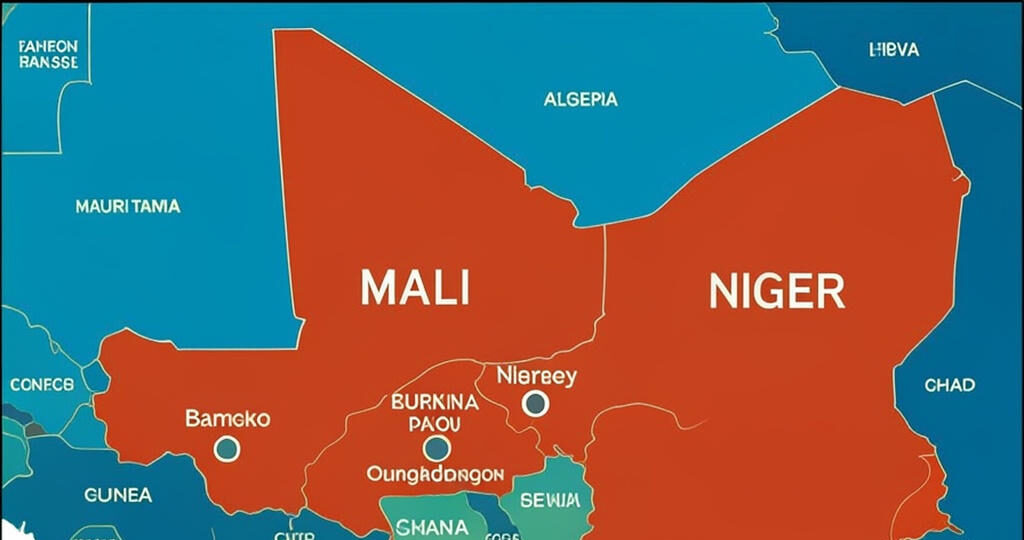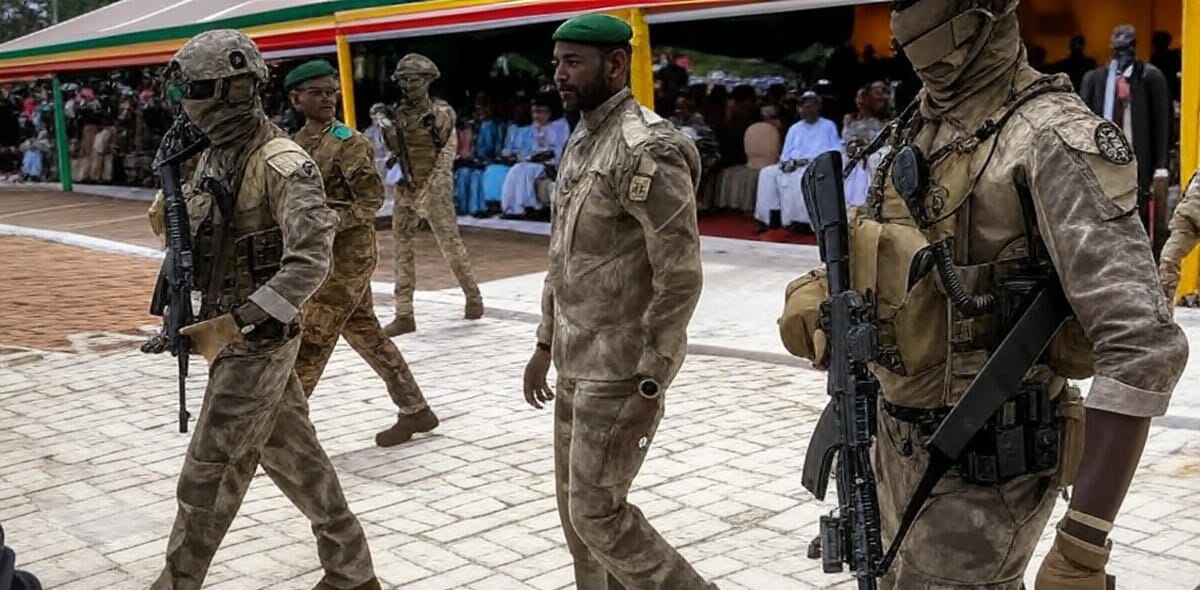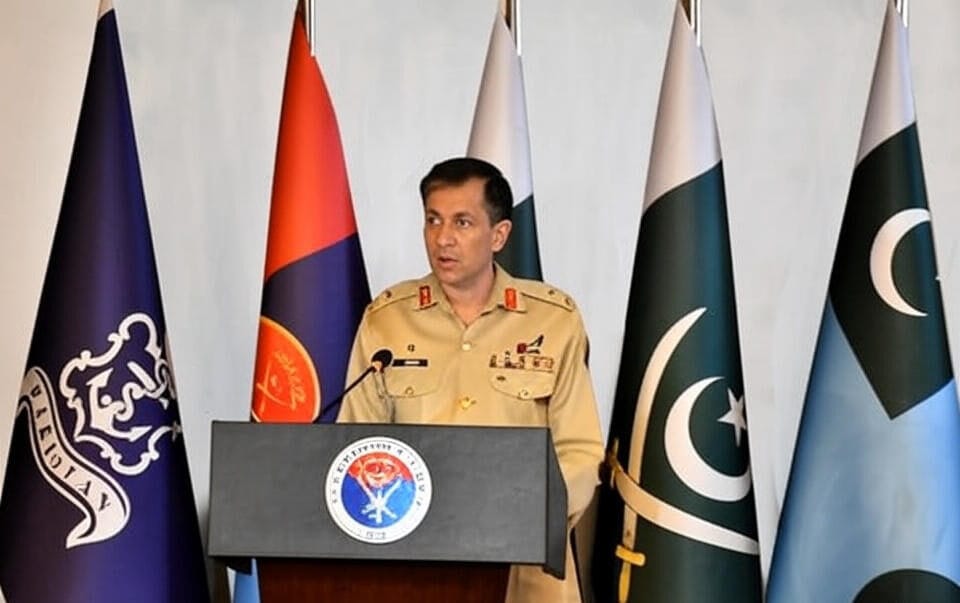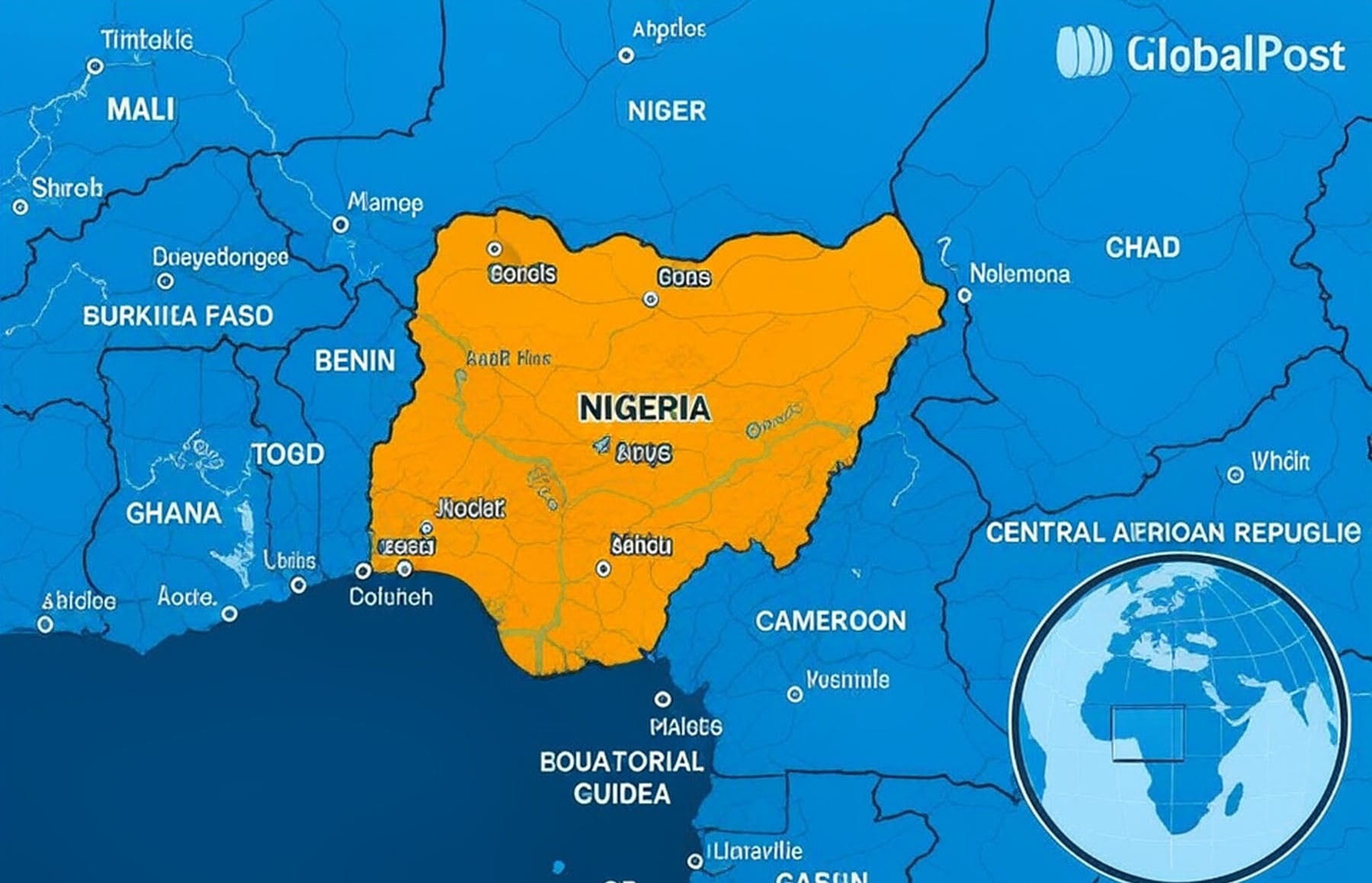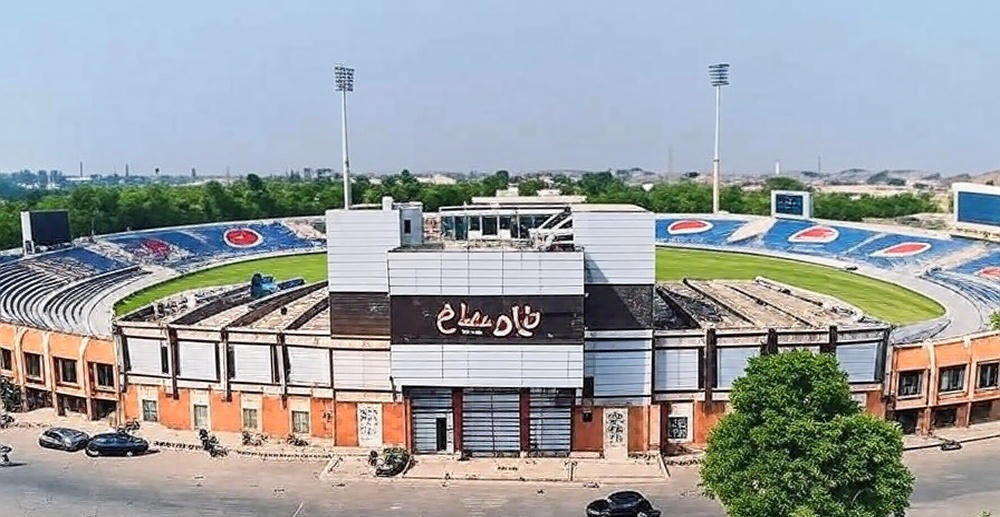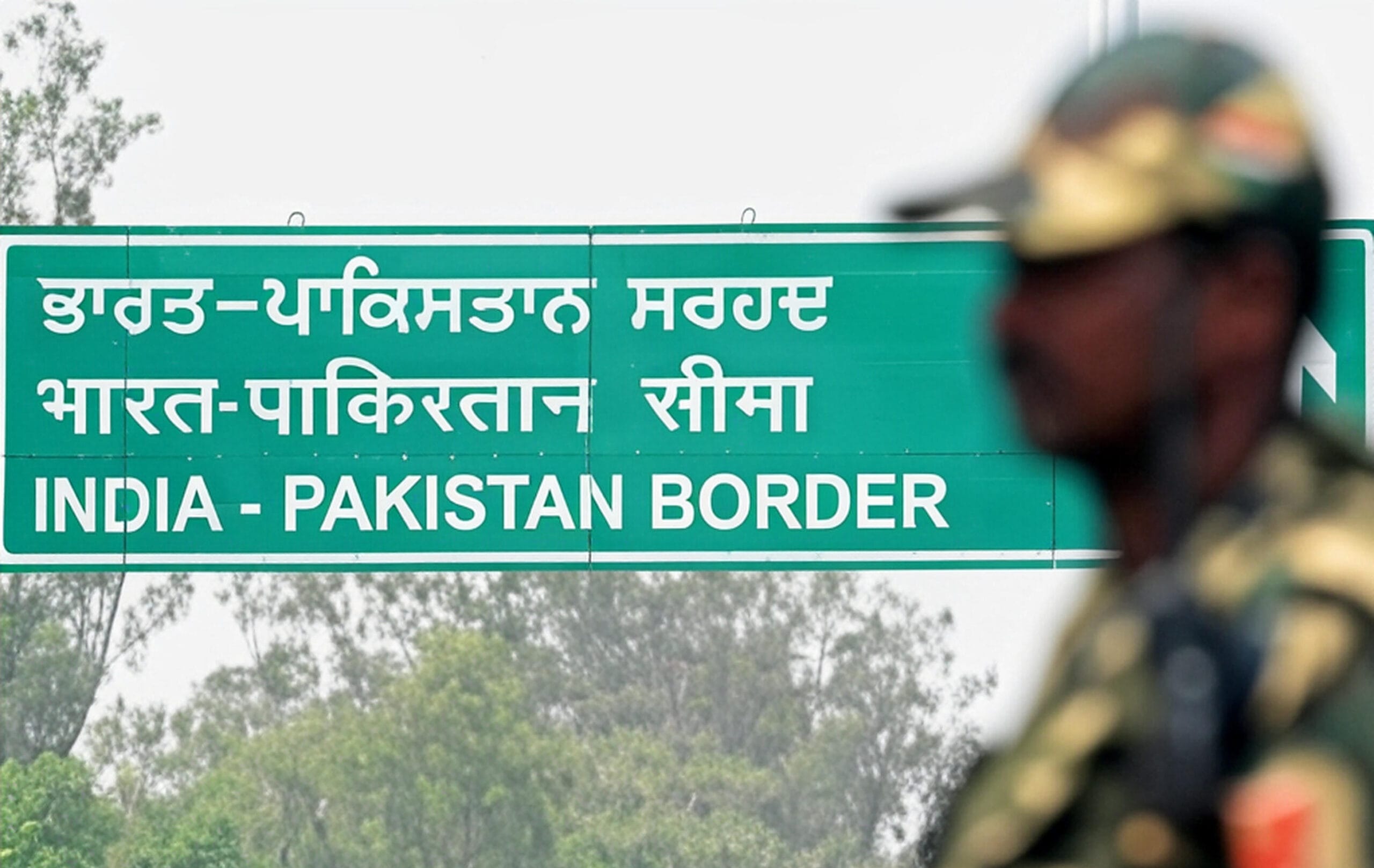
November 11, 2025
In a chilling 24-hour window, the capitals of India and Pakistan were rocked by separate terrorist attacks that left at least 22 dead and over 50 injured, sending shockwaves across South Asia and reigniting fears of a dangerous escalation between the nuclear-armed rivals. The near-simultaneous strikes—one a car bomb in the heart of New Delhi, the other a suicide bombing outside a court complex in Islamabad—have triggered immediate high alerts, diplomatic fury, and a familiar cycle of cross-border accusations.
Delhi Car Bomb
At 6:45 PM on November 10, a white Hyundai i20 packed with RDX exploded at a traffic intersection near the iconic Red Fort and Lal Quila metro station in Old Delhi. The powerful blast killed 10 people on the spot—including two schoolchildren returning home—and injured 28 others. The explosion shattered windows across Chandni Chowk, damaged nearby shops and the historic Jama Masjid’s outer wall, and set several vehicles ablaze.
The National Investigation Agency (NIA) swiftly took over the probe, registering the case under UAPA and the Explosive Substances Act. Forensic teams confirmed the use of military-grade RDX, a signature of Pakistan-based groups like Jaish-e-Mohammed and Lashkar-e-Taiba. Intelligence sources revealed that three terror modules were busted in Haryana and Jammu & Kashmir in the past week, where similar explosives and detonators were recovered, raising suspicions of a larger conspiracy timed for the festive season.
Prime Minister Narendra Modi, addressing the nation late Monday night, called it a “cowardly and desperate act” and warned that “those behind this will pay a very heavy price.” Delhi was placed on maximum alert, with schools, colleges, and metro services partially suspended on Tuesday.
Islamabad Suicide Attack Deadliest Strike on Capital in 17 Years
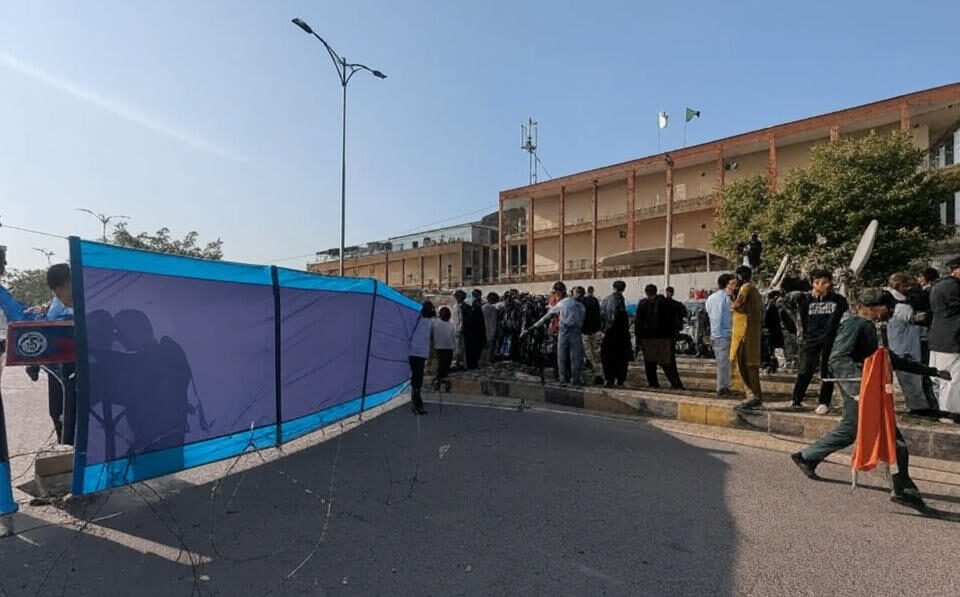
Less than 16 hours later, at 10:20 AM on November 11, a suicide bomber detonated his explosives outside the district and sessions court complex in Islamabad’s G-11 sector after being stopped at the security gate. The blast killed 12 people—including four lawyers and two policemen—and wounded 27 others. Body parts were scattered across the courthouse entrance, and several vehicles were destroyed.
A little-known faction calling itself Jamaat-ul-Ahrar initially claimed responsibility on Telegram, though the main Tehrik-i-Taliban Pakistan (TTP) leadership later distanced itself. Pakistani Interior Minister Mohsin Naqvi described the attack as “highly sophisticated” and claimed “foreign hand involvement,” while Defense Minister Khawaja Asif directly accused “Indian proxies operating from Afghanistan.” Prime Minister Shehbaz Sharif declared the country in a “state of war against terrorism” and ordered nationwide raids.
Mutual Accusations and Rapidly Rising Tensions
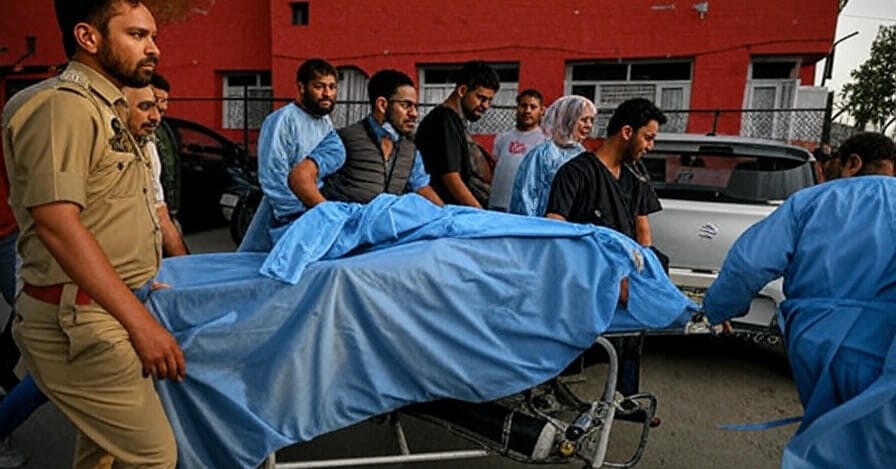
The timing has unleashed a predictable but dangerous blame game:
- Pakistan’s government and media openly accuse India’s RAW of orchestrating the Islamabad blast.
- Indian security officials point to ISI-backed networks for the Delhi explosion.
Both countries have raised alert levels along the Line of Control, and satellite imagery shows increased troop and armor movement. Internet services have been slowed in border areas, and disinformation is spreading rapidly on social media.
International Alarm and Calls for Restraint
The United States, United Kingdom, China, and the United Nations have issued urgent appeals for “maximum restraint.” U.S. Secretary of State Marco Rubio spoke to both foreign ministers within hours, offering counter-terrorism assistance while stressing de-escalation. Analysts warn that any miscalculation could spiral quickly, given the nuclear dimension and the bitter history of 2019 Pulwama-Balakot and the brief 2025 conflict after the Pahalgam tourist massacre.
What Happens Next?
As of 10:00 PM Pakistan time on November 11:
- Delhi remains under high security; markets closed early, public gatherings banned.
- Islamabad courts suspended for three days; judicial staff given emergency leave.
- Stock markets in Mumbai and Karachi plunged over 3% in after-hours trading.
The next 48–72 hours will be critical. If either side uncovers concrete evidence of state sponsorship, limited military retaliation—similar to Operation Sindoor earlier this year—cannot be ruled out. However, nuclear deterrence, economic fragility, and intense international pressure make all-out war highly improbable.
These twin attacks are a grim reminder that, despite diplomatic thaws and trade talks, the India-Pakistan relationship remains hostage to non-state actors and the ever-present risk of terror being weaponized for political gain.
The people of Delhi and Islamabad—ordinary citizens caught in the crossfire of history—deserve far better than another cycle of violence and vengeance.
Refrence
https://www.hindustantimes.com/india-news/delhi-car-bomb-blast-live-updates-red-fort-chandni-chowk-lal-quila-metro-station-101731458923456.html- https://indianexpress.com/article/cities/delhi/delhi-red-fort-car-explosion-10-dead-2025-9663423/
- https://timesofindia.indiatimes.com/city/delhi/car-bomb-explosion-near-red-fort-in-delhi/articleshow/115108456.cms
- https://www.dawn.com/news/1987654/suicide-bombing-outside-islamabad-district-courts
- https://www.geo.tv/latest/578945-islamabad-blast-suicide-bomber-kills-12-outside-court-complex
- https://www.thenews.com.pk/latest/1254789-islamabad-court-blast
- https://www.aljazeera.com/news/2025/11/11/india-pakistan-capitals-hit-by-attacks-within-24-hours
- https://www.reuters.com/world/asia-pacific/india-pakistan-capitals-rocked-by-separate-attacks-2025-11-11/
- https://www.bbc.com/news/articles/c8xgv9kn0klo
- https://apnews.com/article/india-pakistan-delhi-islamabad-attacks-2025-11-11
